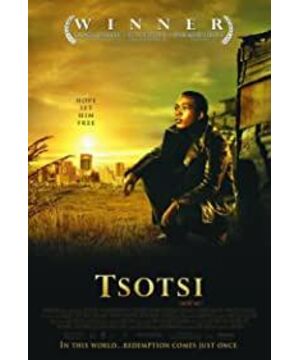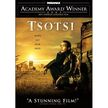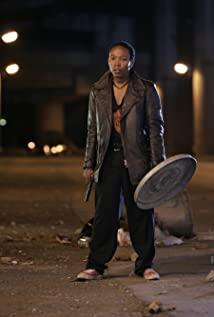The film is based on a novel written by South African writer Asol Gard in the 1960s. It is a simple story, but has a shocking touch. Recovering the emotions lost for many years from the baby, a lot of psychological struggle and trance, vividly depicts the mental journey of a street thug from cruel and violent to the resurrection of human nature. And from another aspect, it maps the living conditions of ordinary people living at the bottom of society, as well as their understanding and thinking about life. There is no criticism and conspiracy, just the self-redemption of a tragic and fateful little man, but it shines with extremely human light. After the film was released, it was sought after by major awards, and won the Oscar for Best Foreign Language Film that year.
The first time I saw a South African film, I didn't know where Johannesburg was. It just feels like the scenes in the film are like human living conditions on another planet. Dilapidated and impoverished streets, a group of black people with backward education, there are even high-tech residential areas, not like American-style planned and orderly blocks, nor like European-style classical streets. It gives people a completely unfamiliar and distant feeling, familiar and different from the past. Only the communication and memories between people can make people feel that they are indeed human beings with the same emotions as us. I don't know if the young man will find the long-lost warmth when he finally surrenders with his hands raised in front of the police.
View more about Tsotsi reviews









